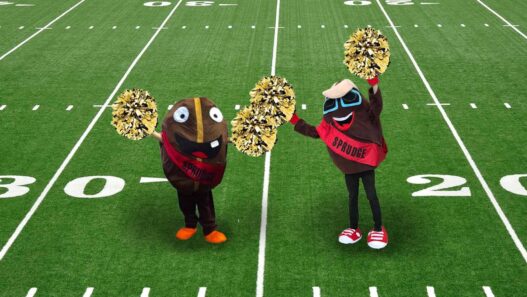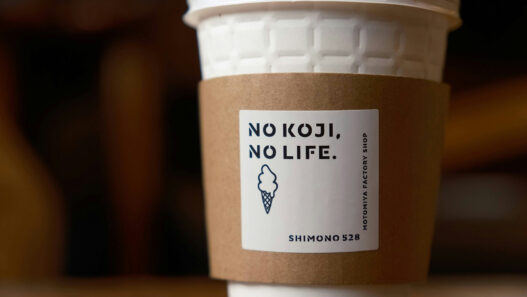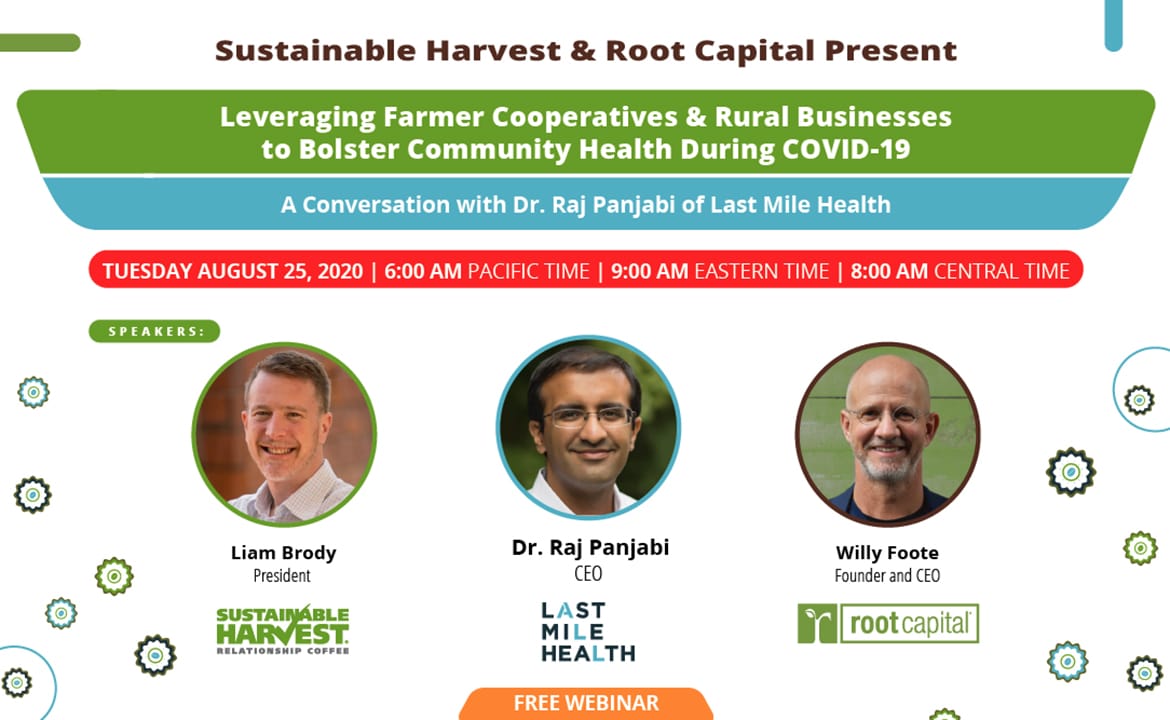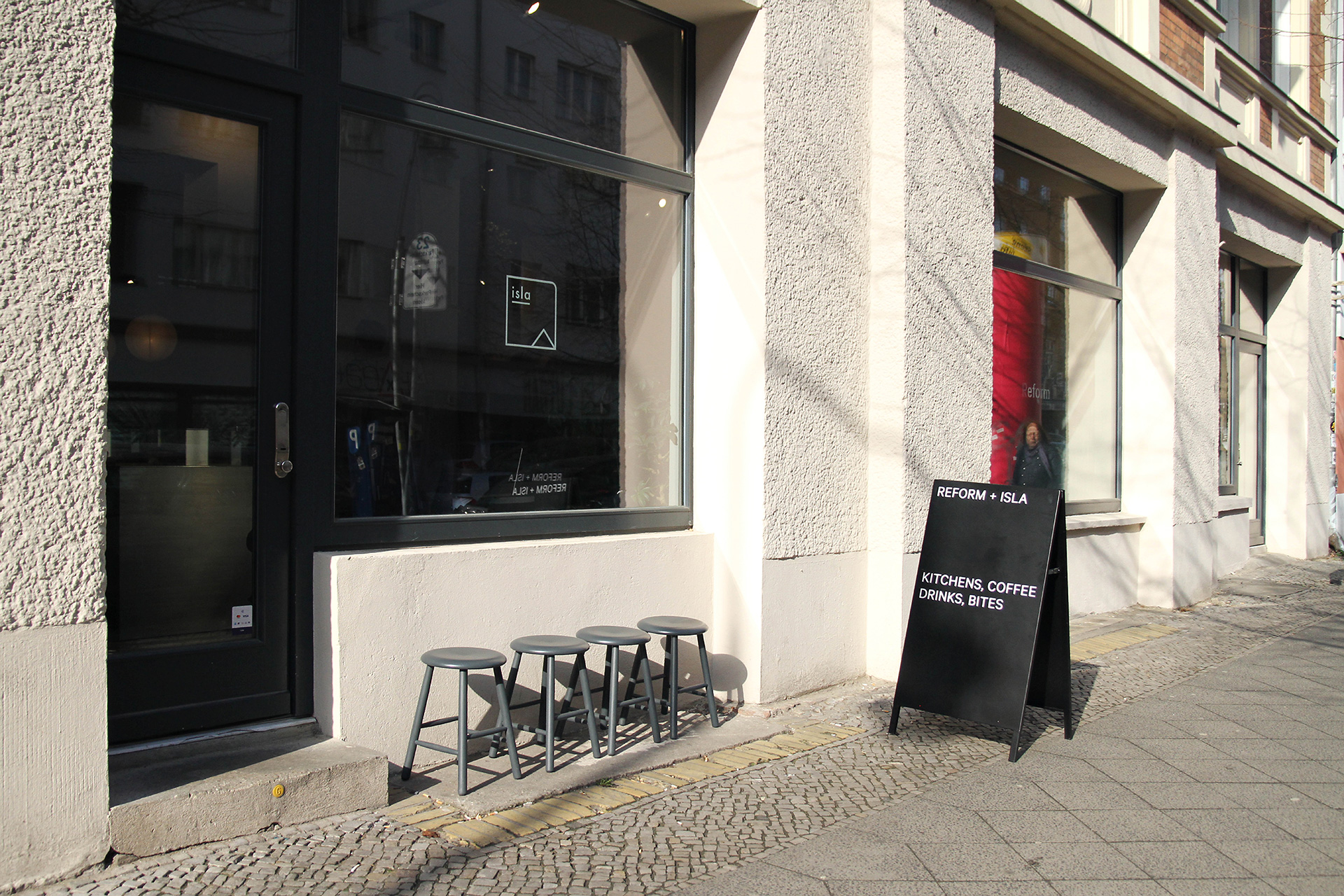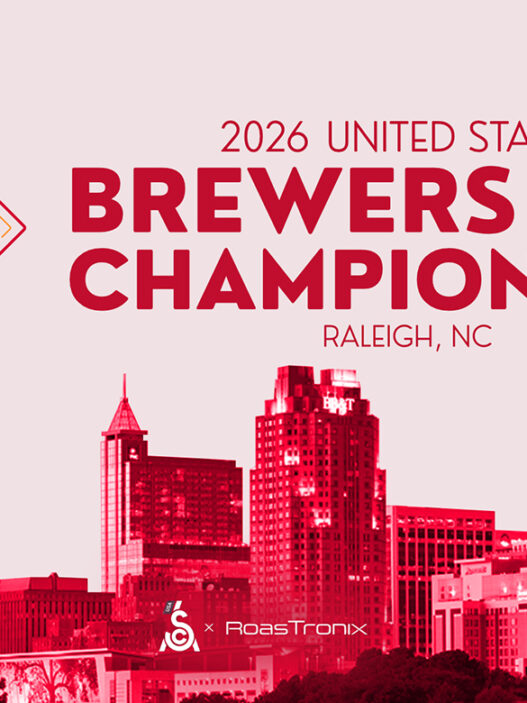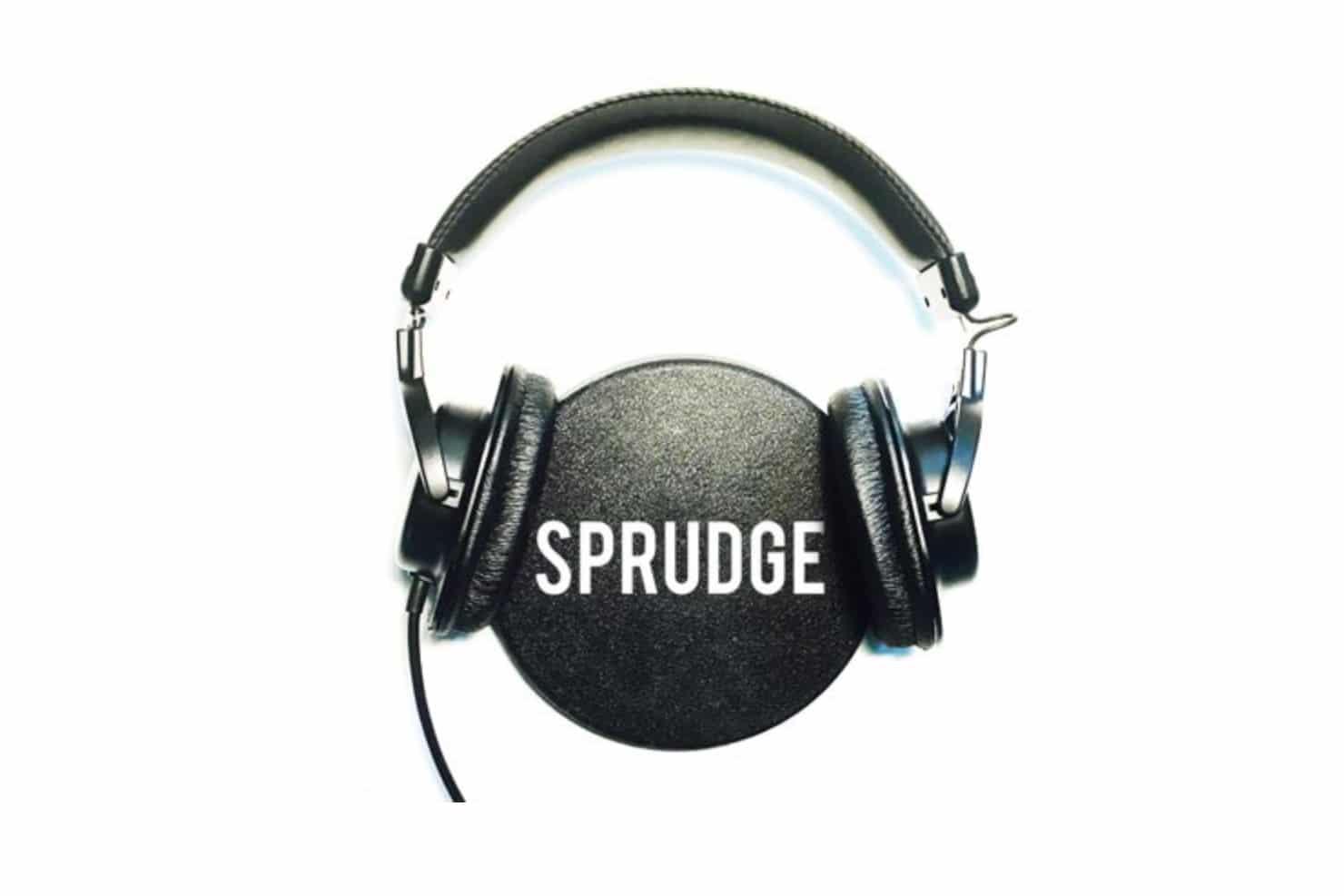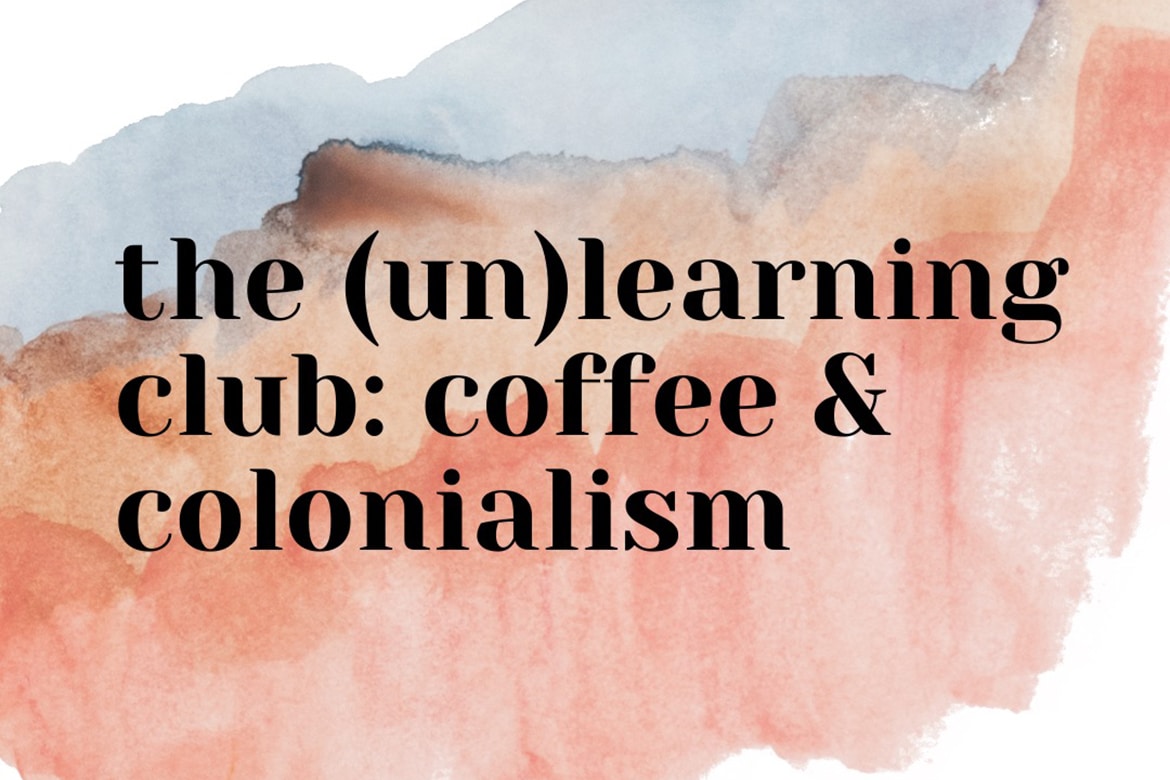
Echoing broader civil rights movements for the equality in America and around the world, the vestiges of white privilege are up for deep interrogation in today’s specialty coffee industry. This is no easy task—it’s an industry built on colonialism, full stop—but a new voice is here to help foster the journey and continue 2020’s momentum for societal change is The (Un)Learning Club (stylized without capitalization). Over the course of a three-month curriculum, the (un)learning club will provide a space where white coffee professionals can work “to learn and unlearn the ways in which racism, colonialism and white supremacy have impacted the coffee industry and the people in it.”
Created by Oatly’s Diana Mnatsakanyan-Sapp and 2019 Sprudge Twenty member and founder of the Chain Collaborative Nora Burkey, the (un)learning club holds no affiliation with any other coffee entity and has no leadership hierarchy. In fact, the founders will be “learning on this journey and participating in this,” Mnatsakanyan-Sapp tells Sprudge. With a curriculum compiled by Burkey featuring reading materials that are free and/or readily available online so as to minimize any financial barriers, the club will invite panelists and subject matter—all of whom have been paid for their time, Mnatsakanyan-Sapp notes, thanks to sponsors Rancilio, Baratza, and Oatly—to help lead discussions to take place between the start of September and the first week of January 2021. After that, the syllabus will be made available online for anyone unable to take part in the (un)learning club.
Speakers include Phyllis Johnson (BD Imports), Bartholomew Jones (Cxffeeblack), Erika Koss (Research Associate at the University of Nairobi, Kenya and PhD candidate at St Mary’s University, Canada), Namisha Parthasarathy (Ārāmse Coffee), Madeleine Longoria-Garcia (Pacific Coffee Research), Anika Manzoor (Youth Activism Project), Ambar Hanson (Mortenson Family Foundation and Board Member of Latino Economic Development Center), and Vincent Mwangi (Mama Hope).
“Education is the first step in action. If you don’t know something is wrong or how things came to be so messed up, it’s really hard to figure out what the solution is and how to work through it and positively impact the space you are in,” Mnatsakanyan-Sapp tells Sprudge. “Everyone has knowledge gaps. Something like white supremacy and racism is so deeply engrained in our society and every aspect our lives, that having the opportunity to critically think about and learn about the history of our industry will be very, very helpful to so many people, myself included.”
More than just a place hear others talk, the expectation for those taking part in the (un)learning club to “work together to continue learning and contributing positively to this learning experience,” which includes small groups assigned by time zone whereby attendees are encouraged to meet independently to discuss the curriculum. And while the (un)learning club was made primarily for white coffee professionals to unpack white privilege and colonialism specifically as they relate to the coffee industry, Mnatsakanyan-Sapp and Burkey invite anyone to join who wants to be part of the conversation.
For anyone interested in joining the discussion, reach out via email to Diana Mnatsakanyan-Sapp at Diana.SCAUSA@gmail.com. With the September 1st start date, the (un)learning club will only be accepting members until August 28th. More information about the (un)learning club can be found here or by emailing Mnatsakanyan-Sapp.
Zac Cadwalader is the managing editor at Sprudge Media Network and a staff writer based in Dallas. Read more Zac Cadwalader on Sprudge.
Top image via the (un)learning club, used with permission






